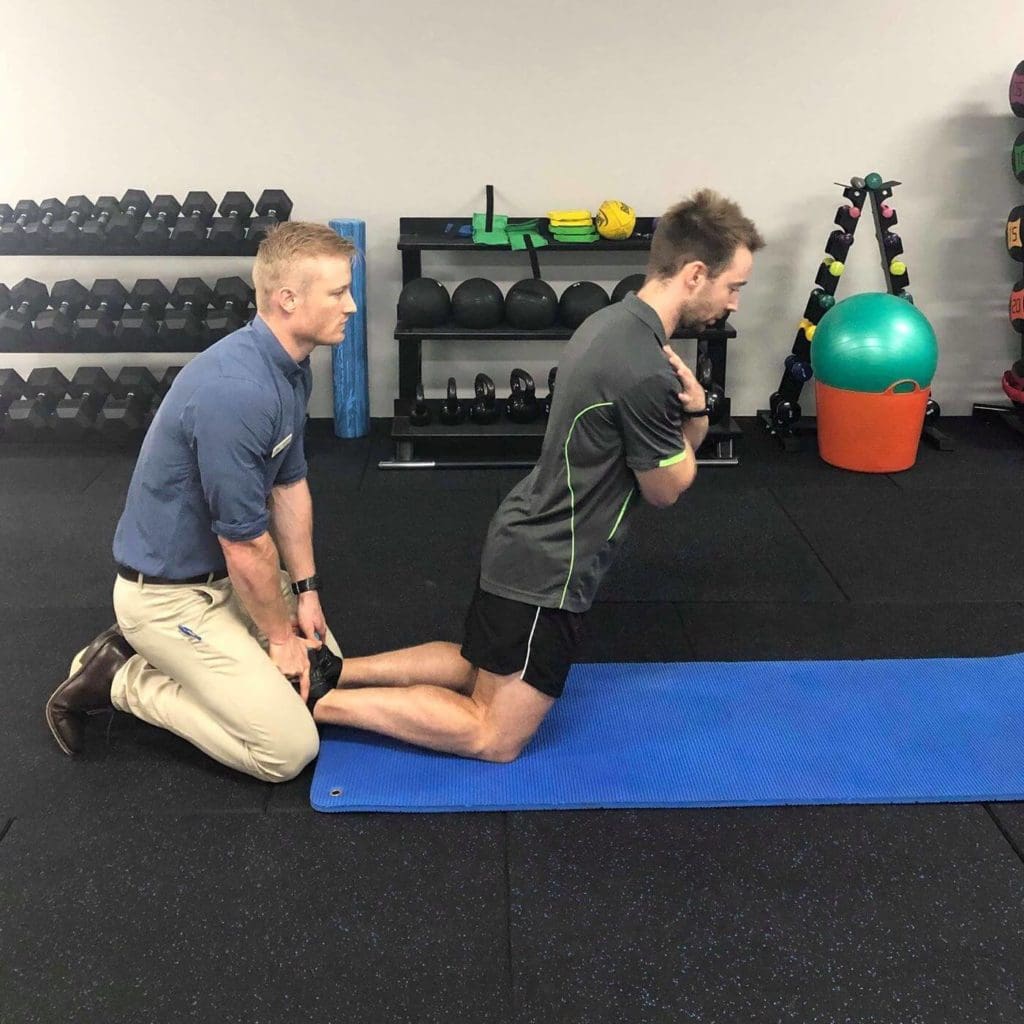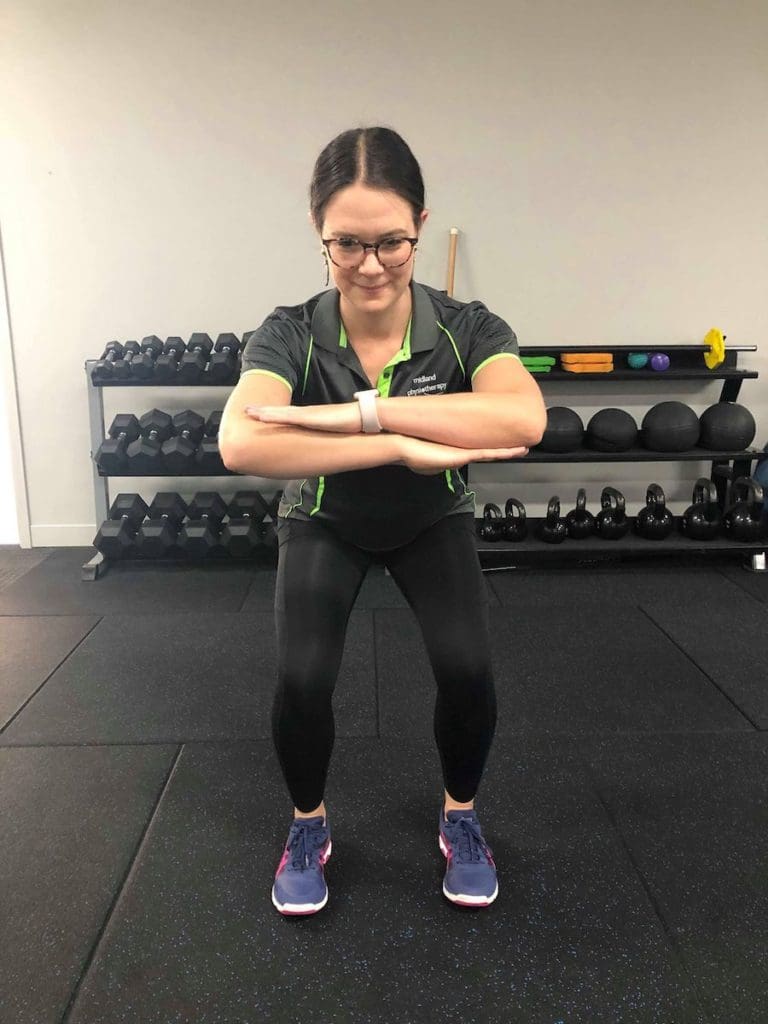
June is a big month for mental health awareness. As I write this, I’m well over half-way to accomplishing my 3318 push-ups during “The Push-Up Challenge” (and I’ve dragged as many colleagues as I could along for the ride), and in addition, this week is “Men’s Health Week”.
Both are national initiatives which place a strong emphasis on Mental Health – what it is, how greatly it impacts many Australians, and what we should be doing to optimise our mental health and overall well-being. It is definitely worth checking the links https://www.thepushupchallenge.com.au/ and https://www.menshealthweek.org.au/ to find out more.
As I see it, traditionally, mental health and physical health have been considered separate entities in western healthcare with minimal inter-professional management of patient problems. Physiotherapists and Chiropractors did the physical stuff, and Psychologists did the mental health thing without any need to cross paths. The thinking has been, “They aren’t related after all, so why should they mix, or work together?”. For many people there even remains a social stigma with regards to seeing a psychologist, yet there is not a second thought about seeing a physio for a niggly problem that just won’t go away.
Interestingly, over many years the physiotherapy profession itself has been adopting many of the skills of psychology practice. Thorough questioning, active listening and reflection, summarising and joint goal setting based on the person’s unique problems are some of the most important skills a great physio has. These closely mirror how psychologists work together with their clients to find great solutions to problems.
In the physio world, research has repeatedly identified that a poor understanding of our bodies, how we think about our injury, how high or persistent our stress levels are, and even how our general mood is can all greatly impact how we recover from injury or illness. These are all relevant factors physiotherapists should ask routinely, even if you don’t have significant mental health issues. We see this information as just as important as how far your back can bend, how far your neck can turn, or how tense certain muscles feel, and this DOES NOT mean we are implying your pain is in your head.
In some situations, however, commonly after traumatic car accidents, or if dealing with hardship through loss of work due to injury, then I would ask for clinical help from a psychologist colleague. Anecdotally, in the right situation this combined effort can lead to far better total health outcomes (combined physical and mental health).
Although clinical experience tells us of the benefits, Curtin University is currently running a research trial called INTEGRATE, aiming to prove with evidence that physiotherapy, working collaboratively with a psychologist can result in better outcomes than physiotherapy alone in certain patient groups. This trial will be looking at people who have had a motor-vehicle accident in the past 6-months and have ongoing pain in their neck or back. For more information about the trial see https://www.integrateclinicaltrial.com/. It’s quite an exciting space to be moving towards and one which is full of promise for clients and clinicians alike.
In Summary –
- It’s Men’s Health week – explore a little and share with loved ones.
- Modern physiotherapy looks at the whole person to come up with best treatment plans with best health outcomes.
- Although we ask about stress and mood, we DO NOT think the pain is in your head.
- Physiotherapists and Psychologists will be working more closely together in the future to bring better health outcomes for all.
- Look into the INTEGRATE Trial if you or somebody you know has recently experienced a car accident and has persisting neck or back pain.
Stay safe all. I look forward to seeing you all on the blog next month.
Luke




